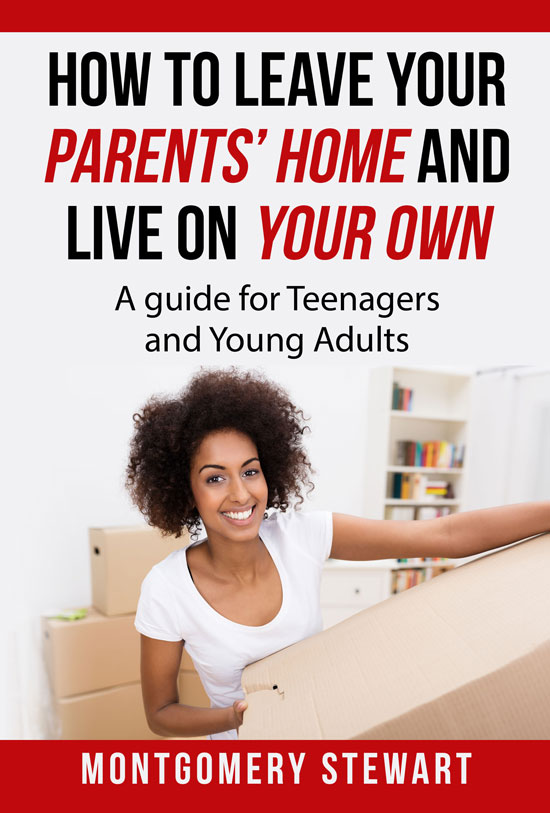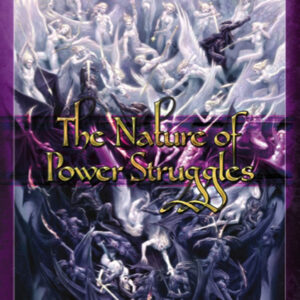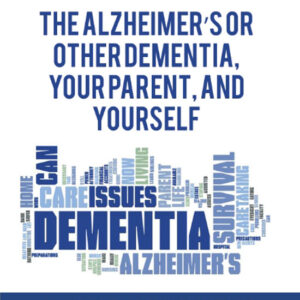Description
Ten (10) Questions For the Author
1. How did you go from being a lawyer to being a writer?
My writing is based on my observation of human behavior. There may have been situations where what I observed was because of my role as an attorney or some other role I have played during my lifetime. In general, my writing has come from my need to express myself and to help others with the information I have that they may not know. People ask me questions all of the time about various things. So my latest book was my attempt to summarize what was involved in living independently, which is a transition most teenagers and young adults will have to make at some point.
2. You write about real-life practical situations, how do you do that, have you lived these experiences?
I write about what I observe and what I have experienced. I had to go through the process of leaving home as a teenager. When I left home at 17 it was after an argument with my father and I just left the house and lived first with a friend, then with an uncle before I was accepted at DePaul University and moved into a dorm at the Lincoln Park campus. When I saw some of my family members and friends go through this same situation with some of their kids, I told myself, there has to be a better way than someone getting kicked out of the house. Everyone knows that leaving home is inevitable, so let’s talk about how you are going to move out. Not everyone is going to college, so what are the alternatives? The book is not saying anything new, it is just a primer to get everyone thinking about how to make the change work for the family.
3. Are negotiations still part of the business?
We constantly negotiate all the time although we don’t think of our activities as negotiations. Little kids negotiate with their parents for candy, toys, and playtime. The kid wants to hear a yes to his or her request and the parent may say no. The kid may counter with another request or ask why they can’t have what they want. If he or she can’t convince the mother and get a yes, then he or she may throw a tantrum or start crying. No one thinks of this as negotiation though it is no different than your asking for a raise at work because you think you are underpaid or asking your girlfriend or wife for sex when she does not want to have sex. We are constantly trying to convince other people to give us what we want.
4. Do you think the fact that you have lived some of these situations contributes to the effectiveness of your advice?
The fact that I have gone through some of these situations, means that I am aware of what can go right and wrong. That is just experience. This new book is just a primer to get the family thinking about what is needed to have a teenager move out of the house and become independent. For example, Chapter 1 on moving out is just a list of common options a teenager has in terms of leaving home, but often at the moment, people forget that they have more than one option and they could use a reminder Chapter 3 on personal documentation is just a quick list of what you need and where to get it, but sometimes you’re so overwhelmed that you don’t know where to begin and you need someone to point the way. The book, its lists, and other information are there to help you see your way through these situations. You are either going to get a job, go to college or some educational program, or join the armed services. You can also start a business, but in my opinion, that is not always an easy proposition for most people at that stage of the game. So the book is just a tool to help the parents and teenagers organize their thoughts on what is needed to help the teenager become independent.

5. How important was it to you that you offer your book in Kindle as well as the usual paperback? Did you want to make sure to attract a youth audience?
Making the book available on Kindle is just giving the reader more options in terms of the format. Over half the books I currently purchase are in the Kindle format. It is convenient. With Kindle, I can read the same book on my desktop, laptop, and mobile phone. Kindle will even tell you what page you last read on another device. Mostly everyone has a mobile device (i.e., smartphone) and you can download a kindle reader on your smartphone and read the book on the go. If I am standing in line somewhere such as the grocery store, I will start reading a book.
6. How much did growing up in Chicago influence your desire to write this book and be a guide to teenagers and young adults?
I spent my youth in Chicago and that has had a general influence on me. But whether you grow up in Chicago or some other place does not matter, there are certain issues a young person will have to address anywhere he or she lives. Chicago is basically what I know although I lived in San Diego, California for 13 years and I lived in South Bend, Indiana for 3 years. Growing up in Chicago can be difficult it is certainly a hard existence, which was more apparent to me after I returned from San Diego. The winters are hard, the politics are heavy-handed and the city is still highly segregated. Of course, if you have lived here all your life then this is all you know.
7. Is there anything that ties your latest book to your previous work, The Nature of Power Struggles?
The two books are only related to the extent that parents and teenagers at some point, depending on the relationship, will engage in a power struggle. As a teenager becomes older and wants more freedom, they still have to understand that they live in their parent’s home and have to respect their parent’s rules. It is not always clear to a teenager that he or she is becoming an adult and being an adult is more than just having the freedom to do as you please, rather being an adult also means having responsibilities. Many teenagers and young adults want to be respected as adults, but they still act like children. A friend of mine who was raising his son once said to me that teenagers between the age of 19 and 24 were nothing but adult children. That is the period where you are making a transition. Of course, this depends on the individual. There are many teenagers who due to circumstances have had to take care of themselves at an early age, and for them, this observation does not apply.
8. Is your writing cathartic? Does it allow you to do for others what perhaps you wanted someone to have done for you when you first started out?
Writing my “Power Struggles” book was more cathartic than writing this latest book. With the latest book, I had the desire to help provide some information so a young person could have an idea of how to move out with the least amount of drama and pain. There is a lot of information available on the Internet, but you have to know how to access it. Google gives away a lot of software tools that a person can use to organize himself. These tools can be very helpful if you take the time to access and use them.
9. What will your next book be about?
My next book is about how police interact with the minority community and look at possible solutions for less violent encounters. I have been researching this for over a year and I hope to publish it in 2018.




Reviews
There are no reviews yet.